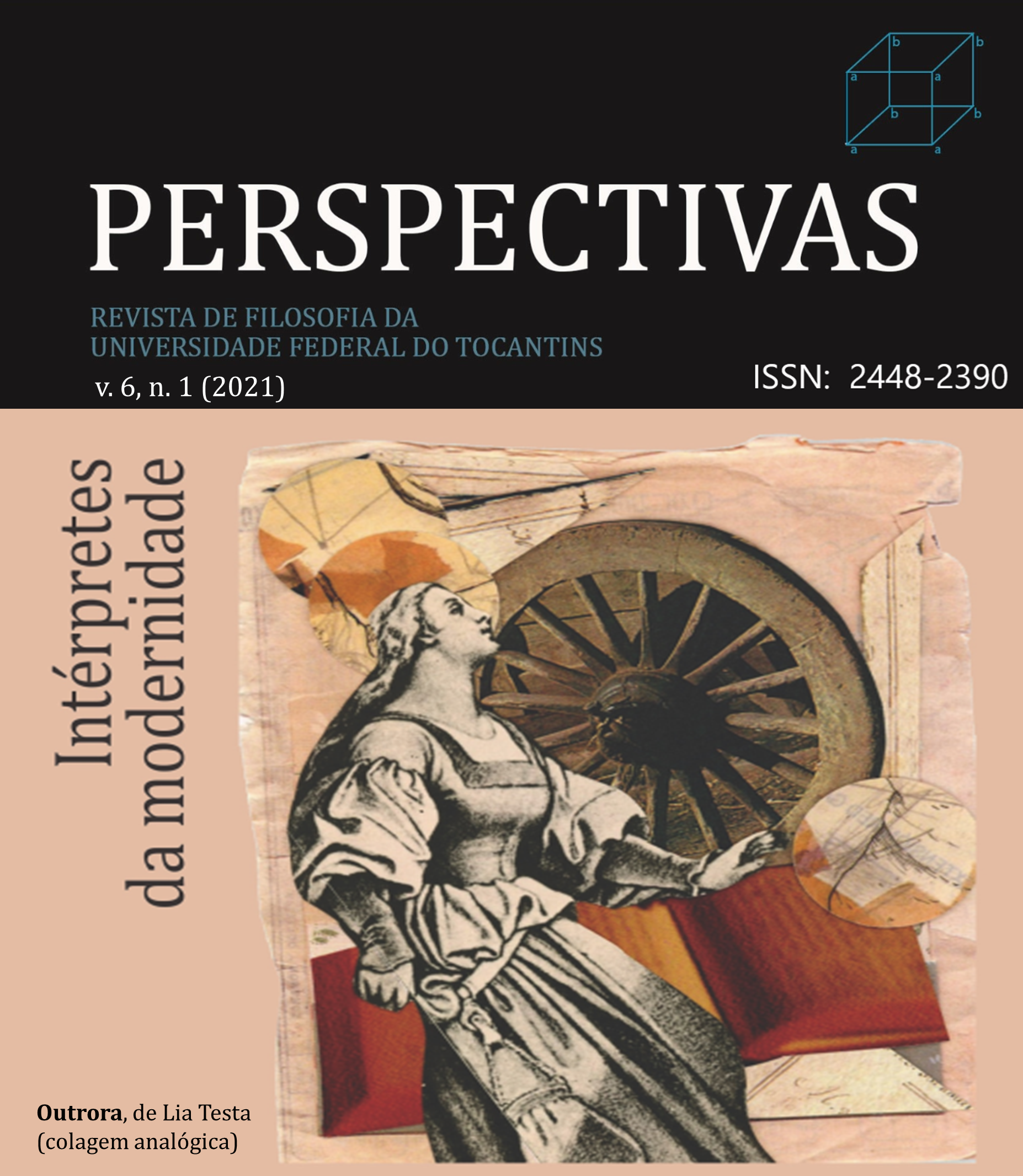O Sentido de Prudência na Ética de Espinosa
DOI:
https://doi.org/10.20873/rpv6n1-91Abstract
Summary
Keywords: Espinosa. Prudence. Rule of thumb. Theoretical wisdom. Common.
This article aims to analyze the sense of prudence in Espinosa's Ethics. It will be examined how the philosopher presents his notion of prudence when communicating his ideas both to the non-philosopher and to a reader more apt to understand "true philosophy". Espinosa writes in the Political Theological Treaty that, in order to be understood and teach any doctrine to mankind, he will have to adapt his arguments to the understanding of all. Thus, his notion of prudence is an art of adapting his communication to the common and mentions the need to demonstrate this rule of thumb through experience. However, there is a path sought by the philosopher who seeks to reconcile a theoretical wisdom that aims to achieve a “higher prudence”. This article will seek to indicate some concepts and considerations present in Espinosa's work in which his notion of prudence operates and has its bases established in the field of knowledge and reason, as well as in the field of affections and affective relationships. Part V of Ethics considers in its first axiom the place of changes that occur in the same subject as a practice inseparable from what Espinosa designates as prudence. Without the intention of exhausting the presentation of this theme in the philosopher's thought, this understanding will be the starting point of this work still in progress, for the analysis and reflection of the notion and the sense of Spinoza's prudence.
Downloads
Published
How to Cite
Issue
Section
License
The Magazine is under the Creative Commons Attribution 4.0 International Public License (CC BY 4.0), according to which:
1) The authors retain the copyright and grant the journal the right of first publication, with the work simultaneously licensed under the Creative Commons Attribution which allows the sharing of articles published with the recognition of authorship and initial publication in this journal.
2) Authors are authorized to enter into additional contracts separately for distribution of the version of the work published in this journal, as long as there is recognition of authorship and initial publication in Perspectivas.
3) Authors are authorized and encouraged to disseminate published texts with proper references to the journal and its authors.





















